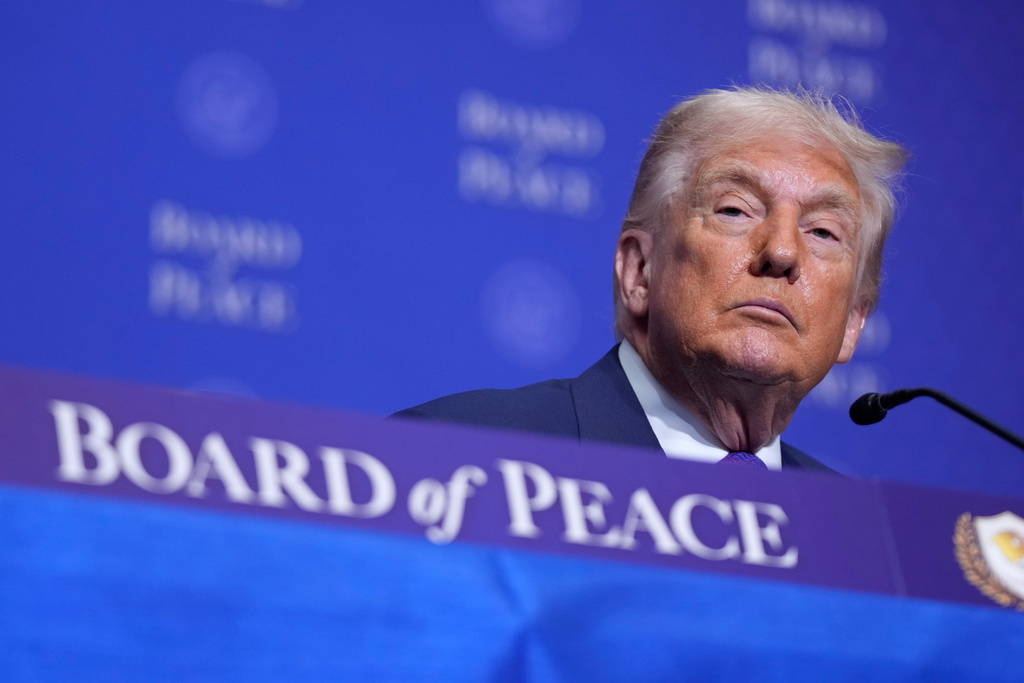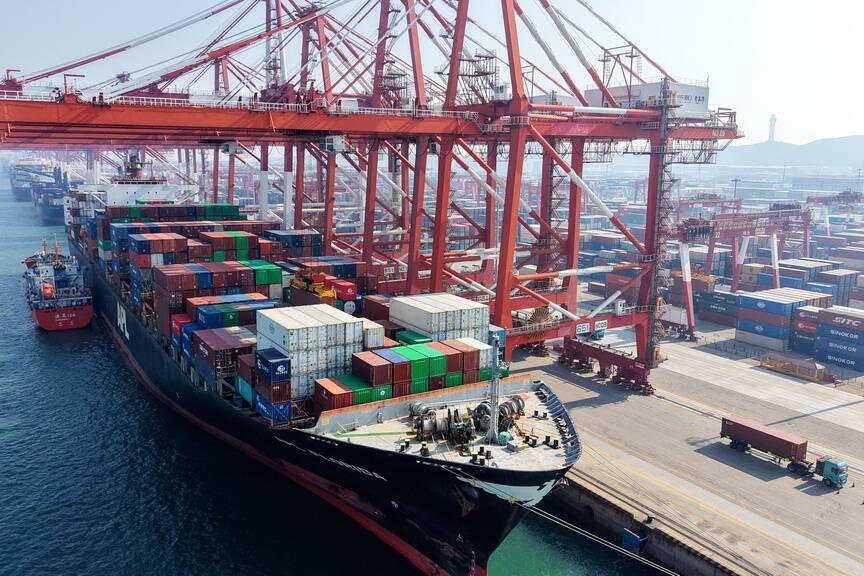International watchdogs warn Iran was on the cusp of nuclear weapons.
For the first time in nearly two decades, the International Atomic Energy Agency (IAEA) – the UN’s nuclear watchdog – found this week that Iran violated the Nuclear Non-Proliferation Treaty.
This is a big deal. Iran is the world’s leading state sponsor of terrorism; if Tehran or any of its proxy groups got their hands on a nuclear weapon, it could be catastrophic.
Israel understands what’s at stake. Shortly after the IAEA’s decision was announced, the Israeli Air Force struck key nuclear and military targets in Iran.
Here’s why Israel attacked Iran, and why it matters:
The IAEA Report
Back in 1970, Iran signed the Nuclear Non-Proliferation Treaty as a non-weapons state. That gave it the right to develop nuclear energy, but only if it agreed to open its program to international inspectors and promised not to pursue nuclear weapons.
Iran broke that deal.
The IAEA says Iran hasn’t been cooperating with the agency and was deliberately hiding nuclear sites from watchdogs. Inspectors found enriched uranium at undeclared sites, and Iran has refused to explain where it came from or what it was used for.
Some of those sites were part of a secret, illegal nuclear weapons program Iran ran until the early 2000s.
The IAEA now estimates Iran has enough enriched uranium to build nine nuclear bombs.
Iran’s Reaction
Iran didn’t back down.
“The Islamic Republic of Iran has no choice but to respond to this political resolution,” the foreign ministry said.
Shortly after the IAEA’s announcement, Iranian officials announced they were expanding their nuclear program, building a third facility to make weapons-grade uranium.
Iran also pulled out of negotiations with the Trump administration, which was trying to forge a new, peaceful nuclear deal.
Israel’s Response
Iran’s supreme leader has long called for “death to America” and “death to Israel.” It’s no surprise, then, that both countries are unsettled by Iran’s shadowy nuclear program.
Israel has always said it won’t let Iran get the bomb, and U.S. presidents of both parties have held the same core belief: that Iran must not acquire nuclear weapons. With diplomacy breaking down and the IAEA confirming Iran’s violations, the moment for action had clearly arrived.
Secretary of State Marco Rubio said that America was not involved in the strikes against Iran. Still, with so many U.S. military and civilian personnel in Israel and throughout the Middle East, the risk of escalation is real.
What happens next is uncertain. But this much is clear: the IAEA gave the world a warning, Israel acted on it.
Related
Peyton Lofton
Peyton Lofton is Senior Policy Analyst at No Labels and has spent his career writing for the common sense majority. His work has appeared in the Washington Examiner, RealClearPolicy, and the South Florida Sun Sentinel. Peyton holds a degree in political science from Tulane University.




